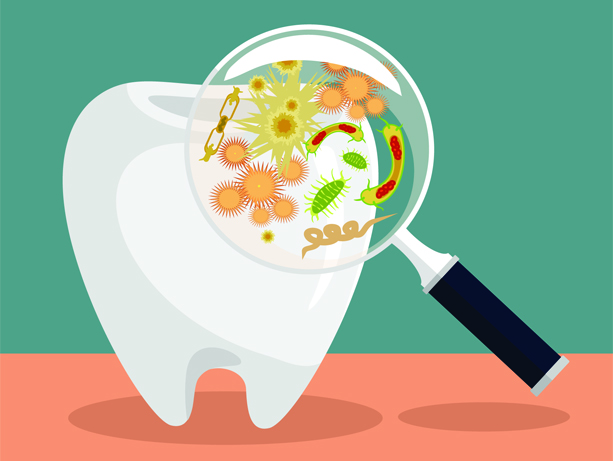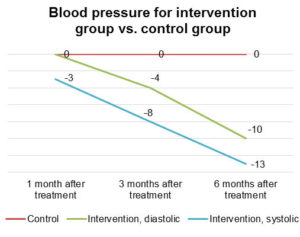Did you know that alcohol consumption can be bad for your oral health? It’s true. Alcohol consumption, especially in high doses, can be very, very detrimental to long term oral health. Here’s a few of the reasons why.
Obviously, when we binge drink alcohol it is bad for our bodily health. It is bad for both the circulatory system and the cardiovascular system. It can lead to problems such as high blood pressure and stroke, and it can even cause certain brain problems; and, alcohol, in large doses—heavy, every day binge drinking—is even linked to certain systemic diseases such as heart disease and diabetes. But, while those things are bad and you may not need another reason not to overuse alcohol, know that alcohol is a detriment to oral health. Alcohol, in any dose, contributes to tooth decay and gum disease. Also, alcohol can contribute to the prevalence of mouth sores, and it’s the second most cause of oral cancer—second only to tobacco use.
Teeth are especially impacted by heavy alcohol consumption. People who over-consume—for the purposes of statistics these people have an alcohol use disorder, and there are no definitive, conclusive links, at least so far, to moderate drinking and overall tooth health—tend to have high levels of plaque, and they also tend to lose their teeth. (People who abuse alcohol are also several times more likely to experience permanent tooth loss!)
Alcohol also dehydrates the body, and when alcohol is consumed for long periods—say, throughout an evening—than the teeth are going to undergo both an attack from bacteria, because of the sugars in the drinks—some drinks, especially mixed drinks, have a considerably higher sugar content than others—but also, because alcohol dries out the mouth, we might have less saliva to combat the sugar problem naturally.
In moderate doses, alcohol has been shown to be good for our health—for instance, moderate doses of alcohol are good for blood pressure but too much alcohol is a terrible for blood pressure—but there is a clear and dividing line between moderate alcohol use and overuse.


